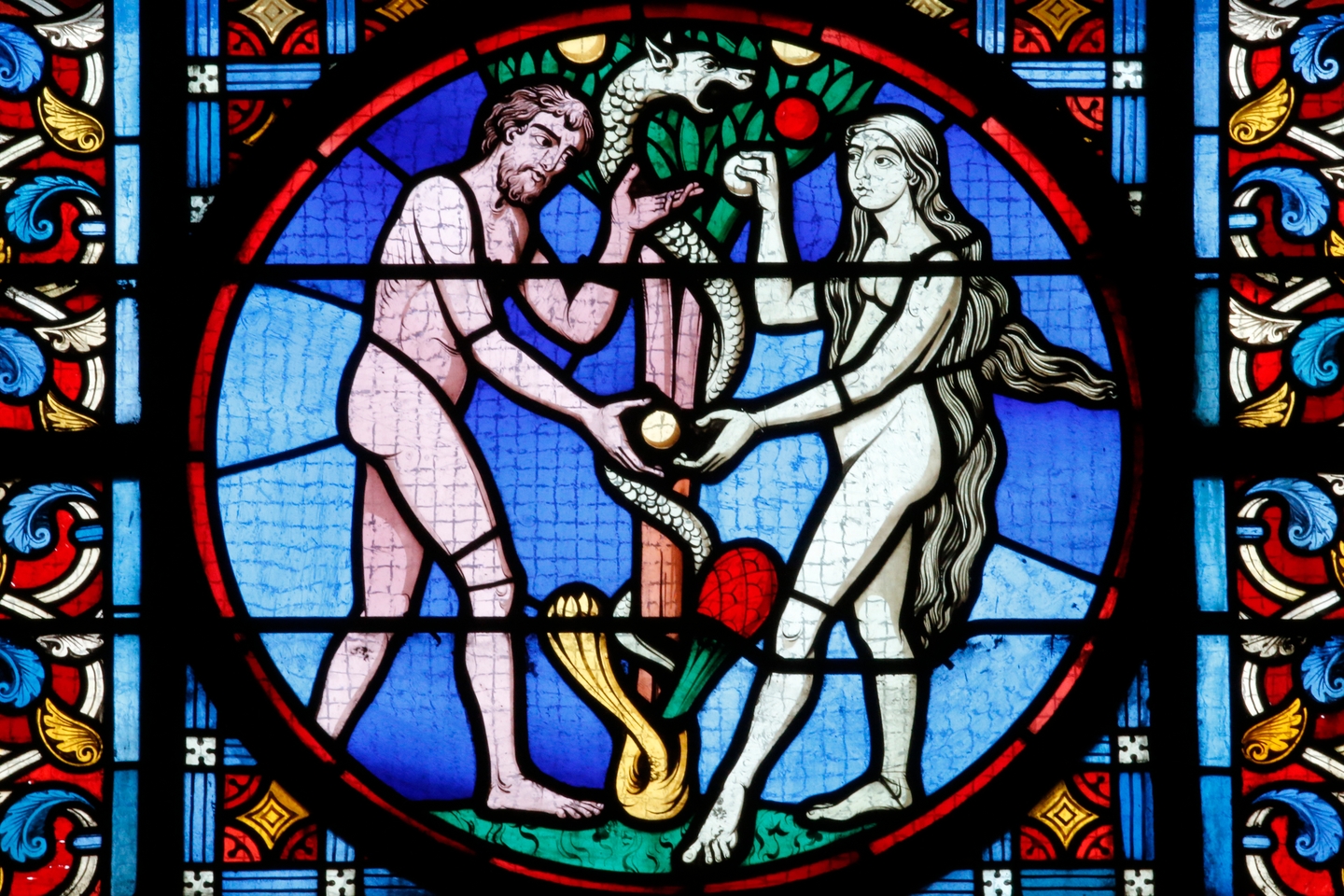The Book of Genesis, a foundational text for Christianity, portrays the creation of humankind as a divine act by God. It tells how Adam was formed from dust on the sixth day, with Eve created from one of Adam’s ribs to be his companion.
Their story continues in the Garden of Eden, which served as their paradise until they disobeyed God by eating forbidden fruit, leading to their expulsion into a world of good and evil.
Initially, research suggested that the male Y chromosome and female mitochondrial DNA, essential markers of ancestry, originated tens of thousands of years apart, complicating the idea of a shared origin.
However, recent findings suggest a different story—one that aligns with the possibility of all humans descending from a single pair of ancestors.

Through extensive research, geneticists traced the lineage back to about 200,000 years ago, offering a timeline for when this common ancestry might have begun.
These findings mark a significant breakthrough in understanding human origins and have sparked debates across scientific and religious communities.

Dr. Joshua Swamidass, a biologist at Washington University, has presented the possibility that humanity’s origins could be traced back to a single couple. His work highlights the evidence provided by the Mitochondrial Eve and Y-chromosome Adam studies.
In his article for Perspectives on Science and Christian Faith, Dr. Swamidass wrote: “Many individuals are each individually ancestors of ‘all the living’.”
He also proposed: “Two of them could be a particular couple, named Adam and Eve in scripture, from whom we all descend.”
Although Dr. Swamidass does not definitively claim that Adam and Eve were the sole ancestors of all humans, he notes that evolutionary science does not rule out their existence either, as reported by The Daily Mail.

Dr. Swamidass points out that species like Homo habilis, which lived approximately 1.9 million years ago, predated modern humans. Still, some researchers believe the Garden of Eden could correspond to a real location where early civilization began.
These discussions bridge ancient texts and modern science, opening new avenues for understanding humanity’s past.
Professor Eric Cline, a classical and biblical archaeologist from George Washington University, explored this idea in his book From Eden to Exile. He argued: “This makes some sense from a textual point of view.”
However, other scientists propose that the Kalahari Desert in Africa might be the ancestral homeland of all living humans, offering yet another perspective on our shared origins.



